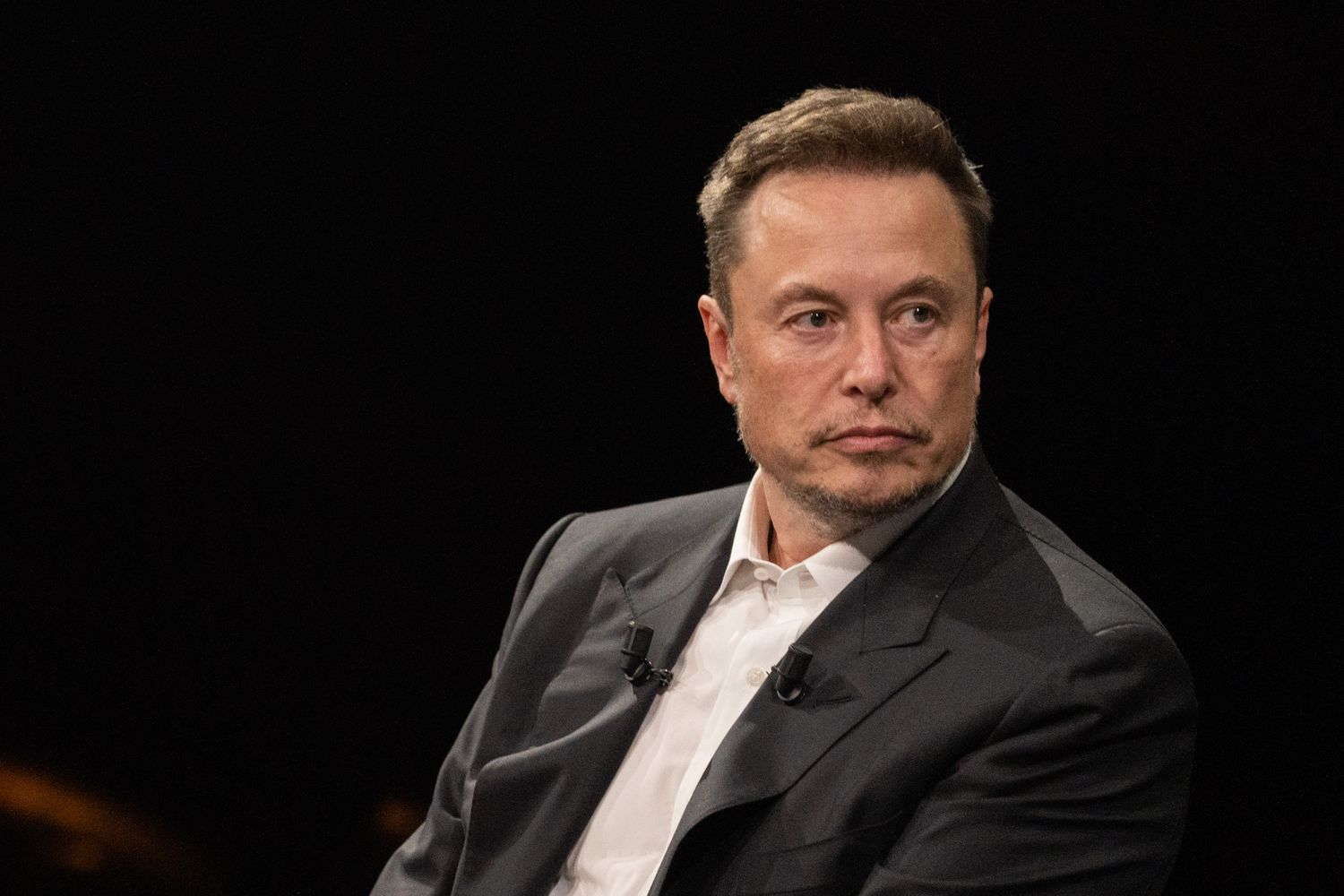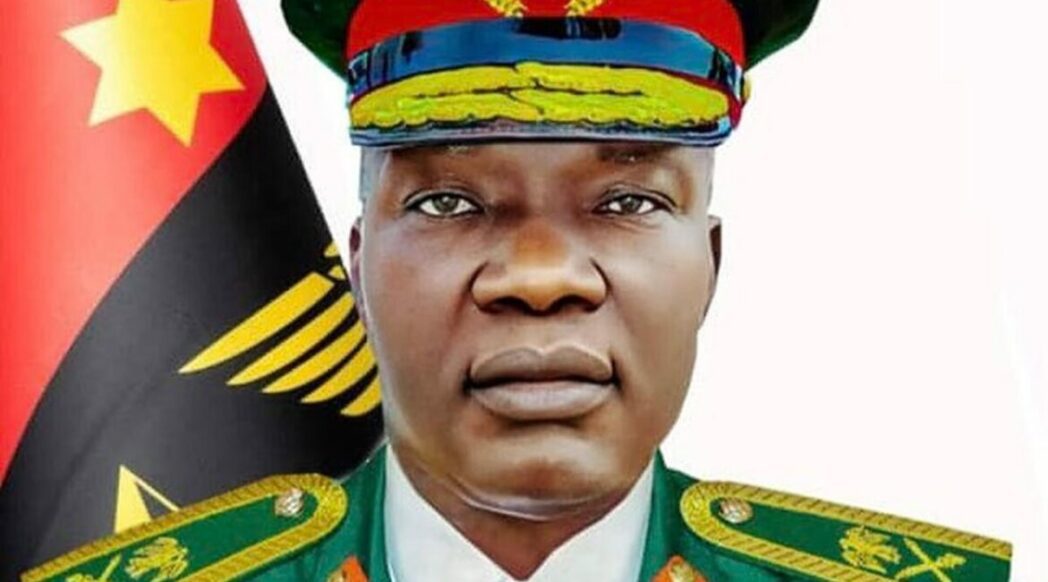In the ever-evolving world of social media, a new storm is brewing under the hashtag #DeportElonMusk, which has been trending on X (formerly known as Twitter). The call for Musk’s deportation exploded after the billionaire made a controversial comment about the recent assassination attempt on former President Donald Trump. But what’s fueling this fire, and why is Elon Musk, a tech titan known for pushing boundaries, at the center of such a fierce debate?
The Comment That Sparked the Outrage
Elon Musk’s comment came in the wake of an alleged assassination attempt on Trump during a golf outing in Florida. Musk, in response to a post asking why Trump seemed to be a frequent target, tweeted, “And no one is even trying to assassinate Biden/Kamala,” referring to President Joe Biden and Vice President Kamala Harris. Although Musk quickly deleted the tweet, the damage was done, and #DeportElonMusk started trending shortly afterward.
The comment struck a nerve with many. Jokes about violence, especially involving national leaders, have always been precarious, but Musk’s huge platform amplified the backlash. While some saw the comment as yet another example of Musk’s irreverent humor, many found it deeply inappropriate, especially given the potential for such statements to incite violence.
The Legal and Ethical Dimensions
What further fueled the conversation was the question of whether Musk’s statement could be considered a form of incitement. In the U.S., speech is typically protected under the First Amendment, but it can cross a legal line if it’s deemed to incite “imminent lawless action.” Legal scholars have debated whether Musk’s comment falls under this category, though no official action has been taken against him(
This isn’t Musk’s first foray into controversial territory. From feuding with world leaders to posting conspiracy theories and inflammatory remarks, Musk has consistently courted controversy. While his stance on free speech has made him a champion for some, particularly those who feel their voices are being silenced, others believe he is recklessly endangering public safety. Critics argue that Musk, given his 200-million-strong following, has an even greater responsibility to be careful about what he says.
The Rise of #DeportElonMusk
The hashtag #DeportElonMusk quickly gained momentum, reflecting widespread frustration with the tech mogul. Many users, especially those in the political sphere, were appalled by what they saw as an encouragement of violence. For them, Musk’s tweet was the last straw in a pattern of behavior they believe crosses ethical lines.
While some found the hashtag ironic—given that Musk is a South African immigrant who has built his fortune in the U.S.—others are serious in their call for action. The hashtag brings into focus broader conversations about immigration, privilege, and accountability for public figures. Some believe that if a less prominent figure had made similar statements, the consequences would have been far more severe.
Elon Musk’s Response and the Future of X
Elon Musk has since acknowledged the backlash, albeit with a hint of defiance. In a follow-up post, he remarked, “Well, one lesson I’ve learned is that just because I say something to a group and they laugh doesn’t mean it’s going to be all that hilarious as a post on X.” His comment highlights a broader issue with the culture of online discourse, where off-the-cuff remarks can quickly spiral out of control in a text-based format.
This incident raises questions about how social media platforms—especially those owned by billionaires like Musk—should be regulated. Musk has long championed X as a bastion of free speech, removing many of the content moderation policies that were in place under its former leadership. However, incidents like this highlight the challenges of balancing free speech with the need to prevent harmful or dangerous rhetoric.
The Bigger Picture: Freedom of Speech vs. Responsibility
Musk’s comment taps into a much larger debate about the role of tech billionaires in shaping public discourse. Should someone with as much influence as Musk have more accountability for their words? Can we dismiss harmful comments as jokes, or should we hold those in power to a higher standard?
Musk’s critics argue that as the owner of X, he is responsible for the tone and culture of the platform. By making inflammatory comments, even if in jest, they believe he is setting a dangerous precedent. His defenders, however, see this as yet another example of free speech under attack, emphasizing that Musk has the right to express himself—whether people agree with him or not.
Conclusion: Where Do We Go from Here?
The #DeportElonMusk trend has sparked a multi-layered conversation about free speech, accountability, and the responsibilities that come with owning a platform as large as X. Whether or not the call to deport Musk gains any traction in legal or political circles, it has certainly ignited a broader debate about the boundaries of acceptable discourse in the digital age.
As Musk continues to walk the fine line between free speech and provocation, his role as a public figure and influencer will undoubtedly remain under scrutiny. The question is, where will the line be drawn—and will Musk ever change his approach?
This incident underscores the power that a single tweet can have in shaping national and global conversations. For now, the world watches to see what Musk will do next—and whether he will heed the growing calls for him to temper his controversial online persona.












Elon Musk should stay – his contributions to technology outweigh any controversies. #KeepElon #InnovationOverOutrage
Controversies matter. Holding innovators accountable is crucial. #EthicsMatter #InnovationWithIntegrity
I dont get why people are so worked up about #DeportElonMusk. Let the man do his thing!
Elon Musks contributions to technology outweigh his controversies. Lets focus on innovation instead of cancel culture. #SupportElon
Controversies matter. Holding people accountable is not cancel culture. #EthicsMatter
I think #DeportElonMusk is ridiculous. Hes a visionary entrepreneur, not a criminal. Lets focus on real issues.
I think #DeportElonMusk is just a bunch of keyboard warriors. Lets focus on real issues instead of targeting individuals.
I think #DeportElonMusk is a bit extreme. Lets hear him out before jumping to conclusions. Elons got some interesting ideas.
Elon Musk is a visionary, why all the hate? Lets focus on real issues instead of jumping on the #DeportElonMusk bandwagon.
I dont get why people are so obsessed with #DeportElonMusk. Let the man do his thing and focus on bigger issues.
I think #DeportElonMusk is ridiculous! Hes a visionary who pushes boundaries. Lets focus on real issues, not Twitter trends.
I think #DeportElonMusk is extreme. Lets focus on holding him accountable without resorting to expulsion. Lets have a civil discussion!
Deportation is too far, but accountability is crucial. Civil discourse is key. Lets find balance.
I think #DeportElonMusk is ridiculous! Hes a visionary and contributes so much to technology. Lets focus on real issues.
Elon Musks actions speak louder than his promises. Holding him accountable is crucial. #DeportElonMusk
I think #DeportElonMusk is extreme. Lets focus on constructive dialogue rather than resorting to drastic measures.
I think #DeportElonMusk is ridiculous! Let the man run his companies in peace. Whos next, Jeff Bezos? Come on!
Lets hold billionaires accountable for their actions, not worship them. #DeportElonMusk #TaxTheRich
I think #DeportElonMusk is overreacting. Lets focus on real issues, not just targeting someone for attention.
I dont get why people are so quick to jump on the #DeportElonMusk bandwagon. Cant we just agree to disagree?
I cant believe people are actually supporting #DeportElonMusk! Hes a visionary and we should appreciate his contributions.
I think #DeportElonMusk is just a way for people to vent their frustrations. Lets focus on real issues instead.
I think #DeportElonMusk is just a distraction from bigger issues. Lets focus on real change instead of targeting individuals.
I think #DeportElonMusk is misguided. Instead of expelling him, lets hold him accountable for his actions and push for positive change.
I cant believe people actually support #DeportElonMusk! Elon is a genius and contributes so much to technology. Lets focus on real issues.
Elon Musk should be held accountable for his actions, but deporting him seems extreme. Lets focus on constructive criticism instead.
Deporting him wont solve anything. Holding him accountable is essential, but deportation is extreme.
I think #DeportElonMusk is ridiculous. Elon Musk has contributed so much to tech and innovation. Lets focus on real issues.
I dont get the big deal with #DeportElonMusk. Let the guy do his thing and focus on real issues.
I dont get why people are so hyped up about #DeportElonMusk. Cant we focus on more pressing issues?
I cant believe people are actually calling for Elon Musk to be deported. Whats next, #DeportBillGates? This is getting out of hand.
I cant believe people are actually calling for Elon Musk to be deported! Like, is this really necessary or just an overreaction?
I cant believe people are actually calling for Elon Musk to be deported. Whats next, #DeportJeffBezos? This is getting out of hand.
I dont understand why people are so divided on #DeportElonMusk. Cant we just focus on the facts and have a civil discussion?
I cant believe people are actually calling for Elon Musk to be deported. Its such a wild and extreme reaction to a comment.
I personally think the #DeportElonMusk trend is a bit extreme. Lets discuss the ethical implications of targeting individuals in the public eye.
I cant believe people are actually calling for Elon Musks deportation. Its getting out of hand! Whats next, #BanJeffBezos?